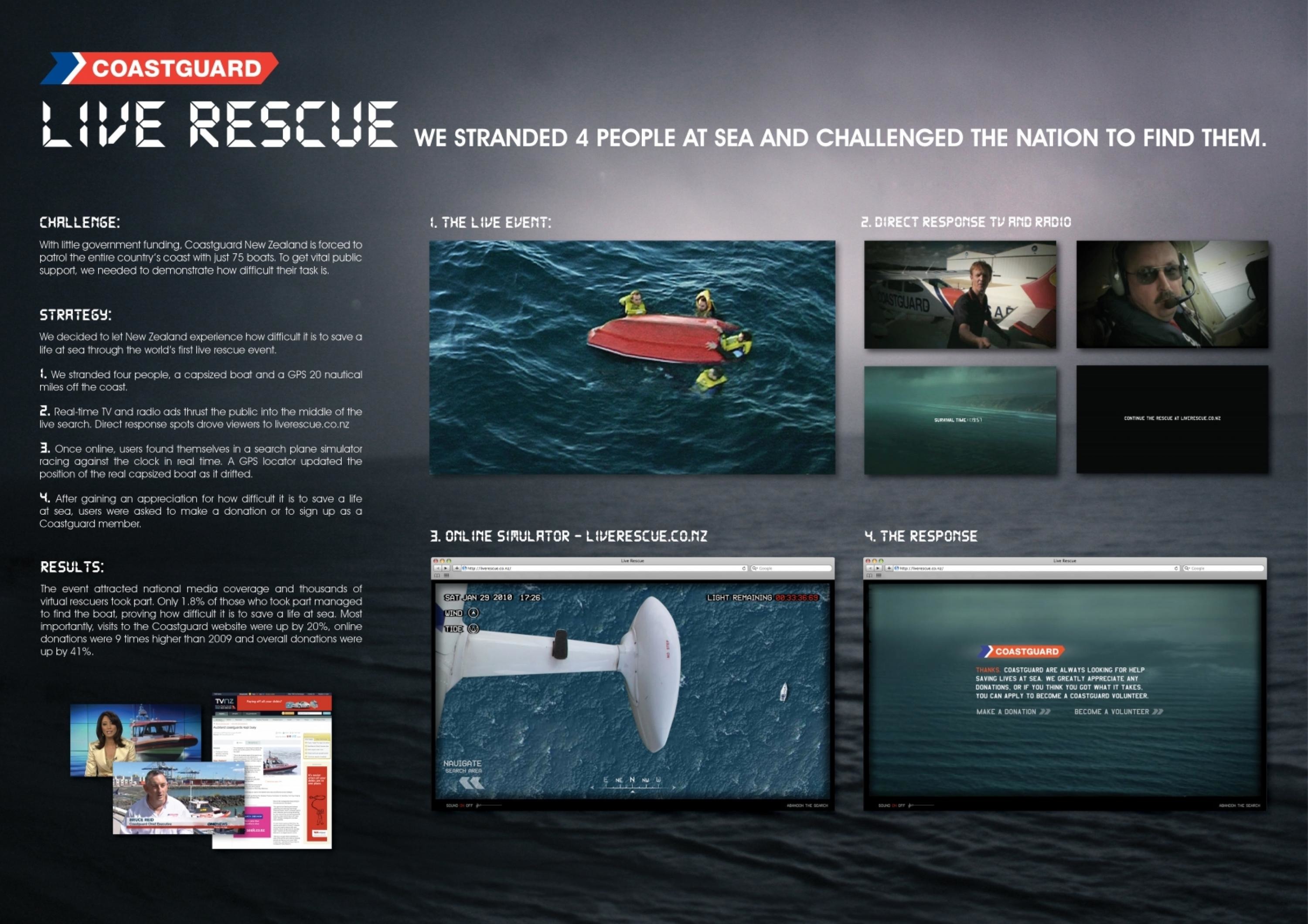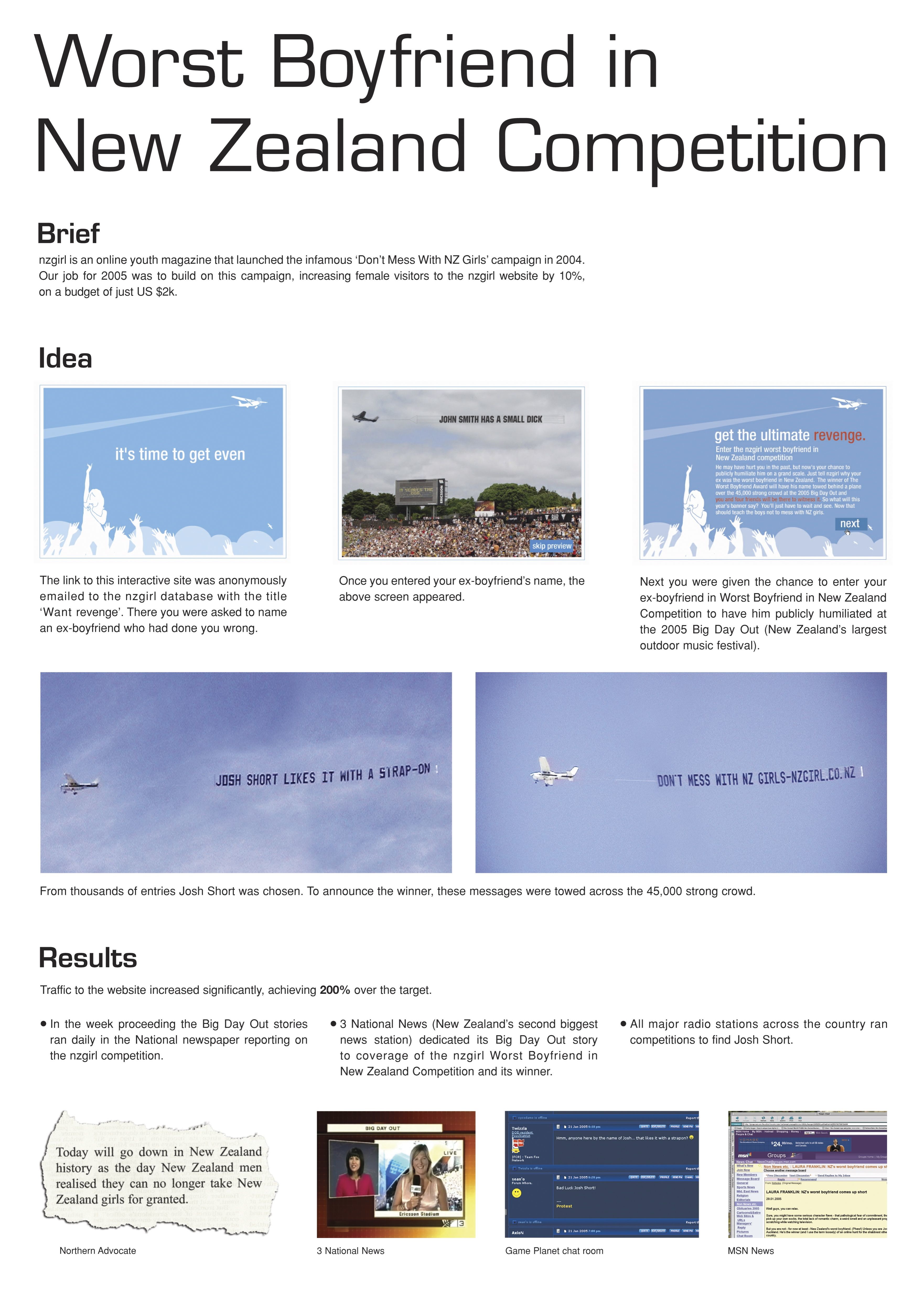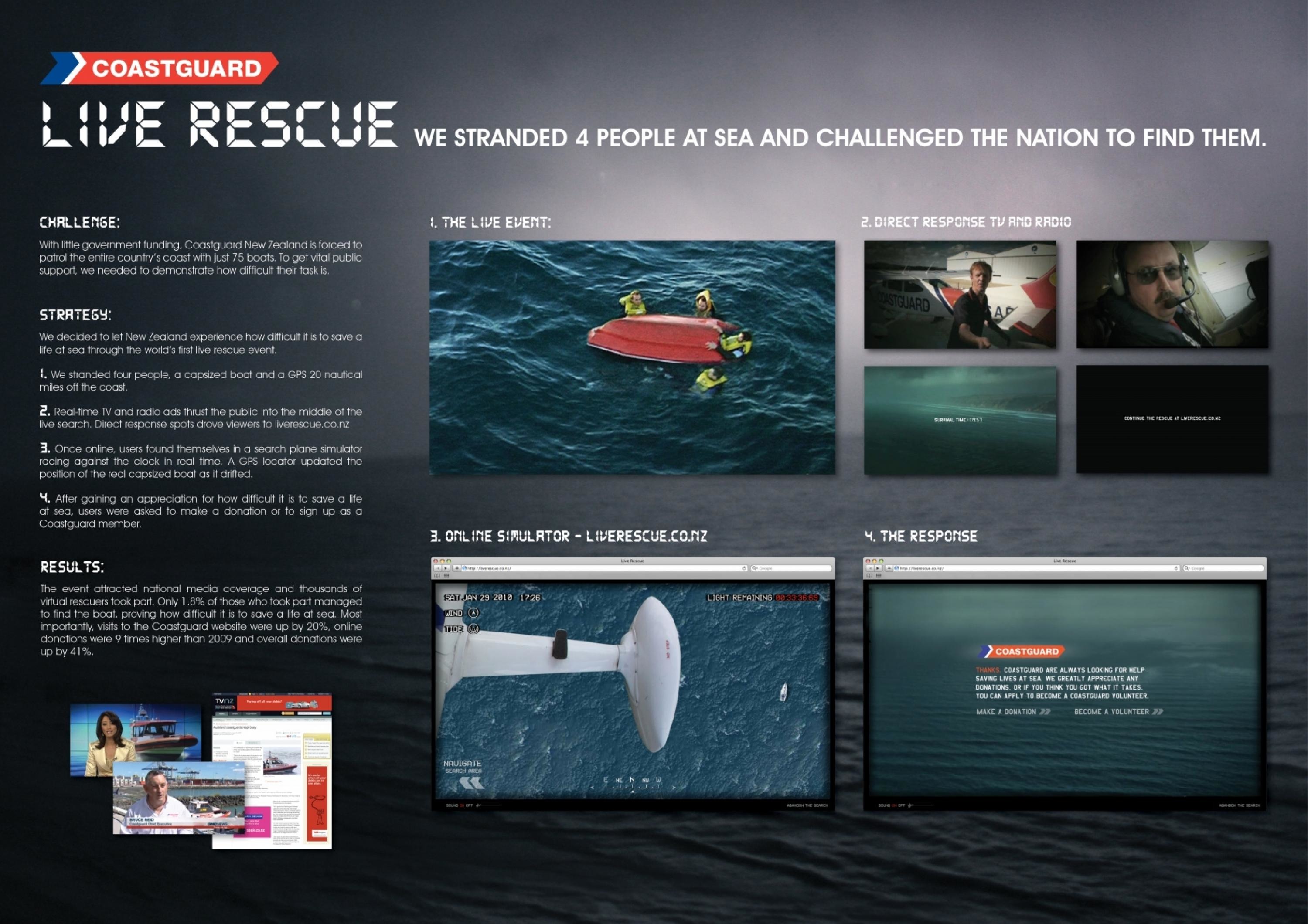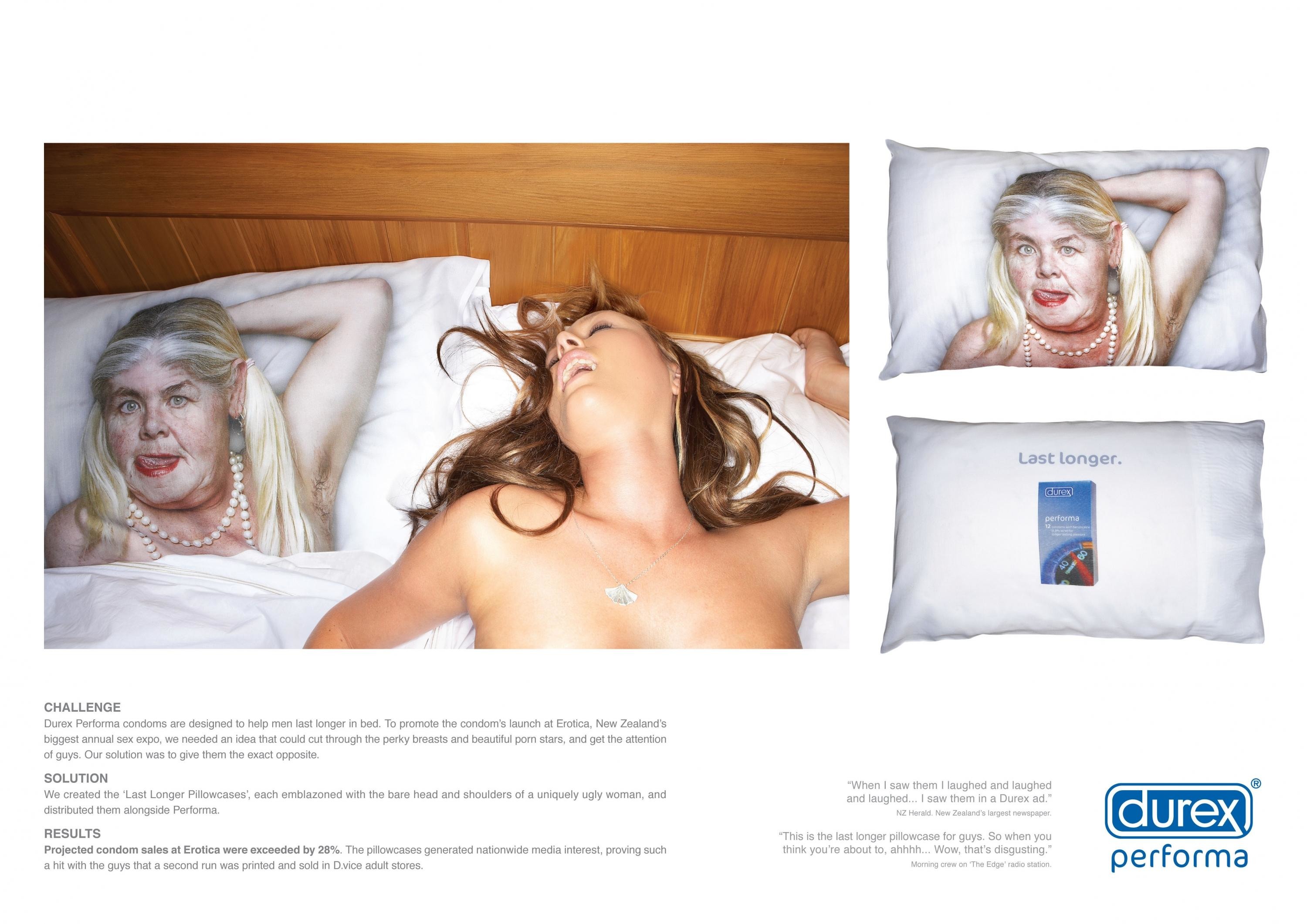Creative Data > Creative Data
CORRECT THE INTERNET
DDB NEW ZEALAND, Auckland / TEAM HEROINE / 2024
Awards:

Overview
Credits
Overview
Why is this work relevant for Creative Data?
This campaign is dedicated to correcting the incorrect data being used by the biggest data collection in existence: the internet.
Many of the world’s biggest sporting records are held by women. But when you ask search engines simple, non-gendered questions to find this statistical data, like ‘who has scored the most goals in international football?’, they incorrectly favour sportsmen over sportswomen, ignoring women’s achievements.
Algorithms are trained to tell us Cristiano Ronaldo’s 119 international goals are superior to Christine Sinclair’s 190 goals, because that what they think we want to see.
Our mission is to highlight and correct this data.
Background
The internet has a bias.
Search algorithms are trained on human behaviour, designed to give us what they think we’re looking for. Now, they’ve learnt our bias towards men.
Asked simple, non-gendered questions, like “who has scored the most goals in international football?”, search engines prioritise the more recognised male athletes, even when facts say it’s a female athlete - making women and their achievements invisible.
So Team Heroine, a women’s sport marketing agency that seeks to connect female athletes with brands to ensure they're better recognized in a world where women’s sport receives just 0.4% of media coverage and 4% of total sponsorship, aimed to correct the internet's bias.
Our objective was to highlight the incorrect searches and get as many people as possible report these inaccuracies to the search engines so they could be corrected, and the achievements of sportswomen would become visible for all to see.
Describe the Creative idea / data solution
We created an initiative to highlight and correct incorrect sporting search results on the internet, by using people power to report them on a scale search engines couldn’t ignore.
The internet’s bias is caused by search algorithms overlooking statistical data that proves a sportswoman should come first in our searches, instead incorrectly prioritizing more popular male athletes with lesser statistics. The only way to correct search engines is by people sending feedback when they find something wrong.
So we developed a new tool that highlighted the incorrect searches that create the bias and allowed people to report them, along with the correct statistics for each search, with just a couple of clicks – so search engines could see the inaccuracies and use the correct data we reported to take action.
Describe the data driven strategy
Internally, this problem has been on search engine radars for years, with many teams experimenting solutions.
Monetised opportunities often take priority, so these teams struggle securing resources to implement solutions.
To make them prioritise this problem, we focussed on:
-External pressure (PR/awareness) on marketing/business, targeting the ‘trust’ pillar of brand health tracking which we know is monitored.
-Internal engineering pressure via bug reports from millions of users, to prioritise our corrections.
We conducted an audit of simple, non-gendered searches across Google, Bing, Yahoo & Baidu, collecting search results that used incorrect statistical data to create bias. We quickly discovered 50+ incorrect searches and added them to our tool for people to report.
With 50+ inaccuracies that affected different countries, sports, teams, and athletes, we revealed new stats each day until we saw change, each targeting a new audience, creating enough internal and external pressure for the search engines to act.
Describe the creative use of data, or how the data enhanced the creative output
People rely on search engines for answers. They trust that the data search engines give them is accurate. So when we were able to show the world that not only was it inaccurate, but also biased against half the population, ignoring the achievements of sportswomen everywhere, we had the ingredients to get the world to take action.
So we revealed as many incorrect pieces of data from search engines to as many people as possible. This was done by creating simple, eye-catching social, digital & OOH content that integrated the incorrect search results into visuals.
Each one we shared caused outrage amongst fans of the affected sports/athletes, as well as the athletes themselves, inspiring them to share, discuss, and most importantly, report using the tool we developed. And this led to search engines receiving the correct data on each search, which they could then use to correct the search results.
List the data driven results
Our campaign reached over 1 billion people globally.
Had 120+ pieces of media coverage, including BBC, NBC, Fox News, Sky Sport & Forbes.
Millions of people reported to search engines through our tool, social channels, and the media.
And we’re now supported by over 50 global brands, including the United Nations.
When we started, the search results never showed sportswomen.
Although people can be served different results based on location, demographic and search history, we are now beginning to see change to many of the searches, correctly recognizing a female.
Now, a problem that has existed within search engines for decades has new momentum and is being solved, with Google deploying new features to highlight women’s sport, offering both male and female results on searches.
And now, Correct The Internet is part of UK/international government enquiries into misinformation, to help change the future of the internet.
More Entries from DDB NEW ZEALAND
24 items







